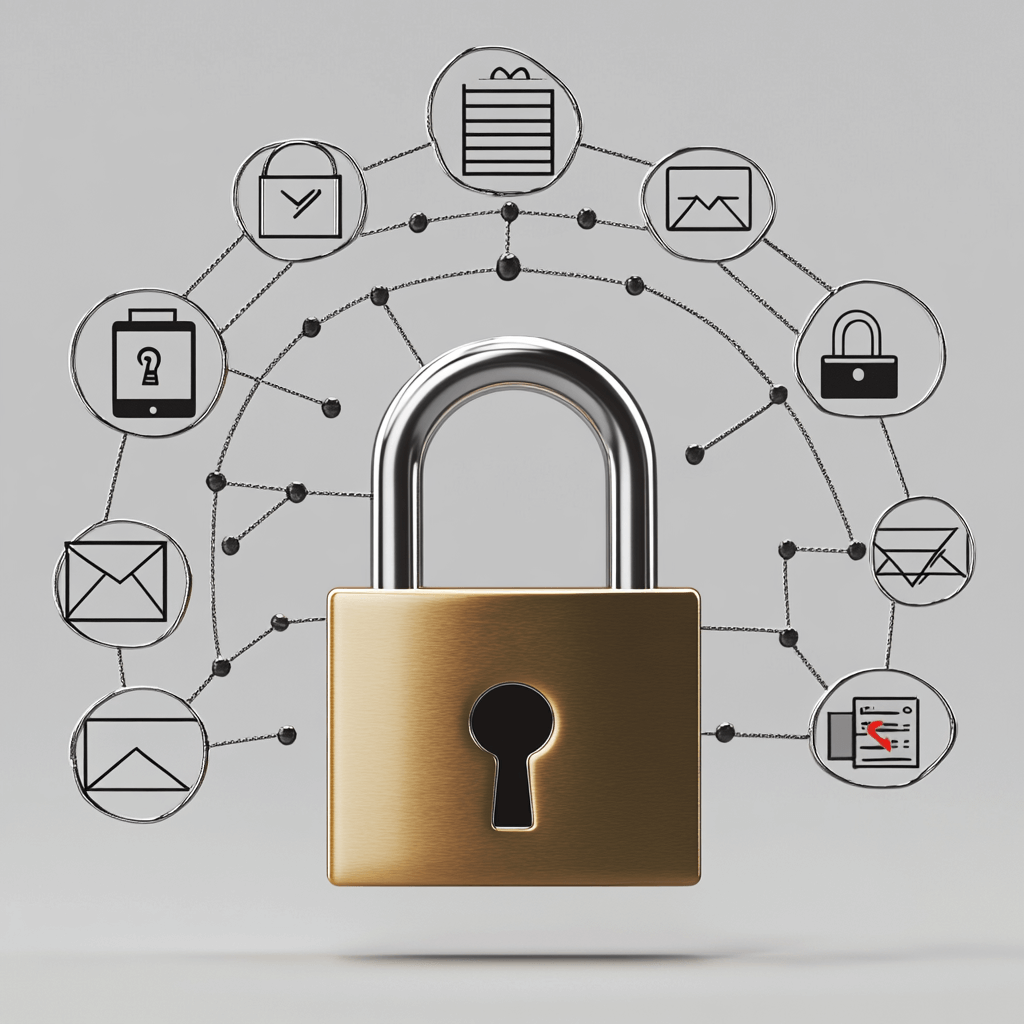Safeguarding Your Information: Navigating the World of Scams

In an age where scams are becoming ever more sophisticated, protecting oneself from fraudsters is critical. This article explores effective strategies to protect yourself from the deception of modern scams, providing valuable insights on recognizing and preventing scams.
Understanding and Avoiding Scams
Scams have been around for as long as humans have engaged in trade and commerce, with confidence tricksters continually evolving their methods to exploit trust and deceive people out of money or information. By understanding the mechanics of scams and the psychology behind them, you can equip yourself with tools for protection.
At their core, scams often follow a predictable cycle: establishing contact, building trust, creating a sense of urgency, and then exploiting that trust to defraud the victim. This article delves into the specifics of recognizing and combatting these deceptive practices.
The Initial Contact
First and foremost, be cautious of how and why someone is initiating contact with you. Unsolicited outreach, whether via email, phone, or social media, should be met with skepticism, particularly if it involves a request for personal information or money. Even seemingly benign interactions could be precursors to a scam.
Building Trust
Scammers are often charismatic and knowledgeable, able to build rapport quickly. To protect yourself, pause to consider why a stranger might be working so hard to earn your trust. It's essential to stay vigilant, even when everything seems above board.
Creating Urgency
Urgency is a scammer's best friend. By pressuring victims to act quickly, scammers know that they can bypass critical thinking. If someone insists on immediate action, it's a red flag. Instead, take the time to research and carefully consider any decisions, especially those involving money or personal information.
Exploiting Trust
Ultimately, a scam culminates in the exploitation of the trust that has been built. This could involve requests for bank details, money transfers, or sensitive information. Recognizing this play can help you avoid falling victim to a scam.
Here are essential dos and don'ts to keep in mind:
-
DO stay informed about the latest scam trends and tactics. Knowledge is power, and staying one step ahead can be your best defense.
-
DO independently verify any unexpected contact, whether it's an individual, company, or institution, through direct, official channels.
-
DO manage your personal information carefully and be extremely cautious about sharing it.
-
DO trust your instincts. If something feels off or sounds too good to be true, it likely is.
-
DO use strong, unique passwords for your online accounts and enable two-factor authentication where possible.
-
DO NOT give out personal details, financial information, or money in response to unexpected requests.
-
DO NOT click on links from sources you do not recognize, as they can lead to malicious websites or download harmful software.
-
DO NOT be rushed into a decision. Scammers often create a false sense of urgency to cloud your judgment.
-
DO NOT assume a request is legitimate just because it comes through a familiar channel, like social media – accounts can be hacked or spoofed.
-
DO NOT use the contact details provided in a suspicious message. Instead, look up official contact information separately.
Becoming adept at identifying common scams is another key protective measure. For example, phishing emails often mimic legitimate companies but feature slight discrepancies in email addresses or hyperlinks. Similarly, phone scams may involve callers pretending to be government officials demanding immediate payment or personal details.
To further protect yourself, please engage in active verification. This could involve independently contacting the purported organization using its official contact details to verify the legitimacy of the request, rather than relying on the contact details provided in the suspicious message.
Ultimately, the goal is to cultivate a mindset where verification and vigilance are routine. Having this mindset plays a pivotal role in identifying scams before they ensnare you. Pairing this awareness with practical measures, such as using credit monitoring services or reporting suspected fraud, significantly strengthens your defenses. Embrace these practices, and you'll navigate the world of scams with greater confidence.
Navigating the deceitful landscape of scams requires a blend of vigilance, skepticism, and knowledge. By understanding the characteristics of a scam and adopting a cautious approach, you can significantly reduce the risk of falling victim to these fraudulent schemes. Stay informed, stay skeptical, and always prioritize safety in transactions and communications.